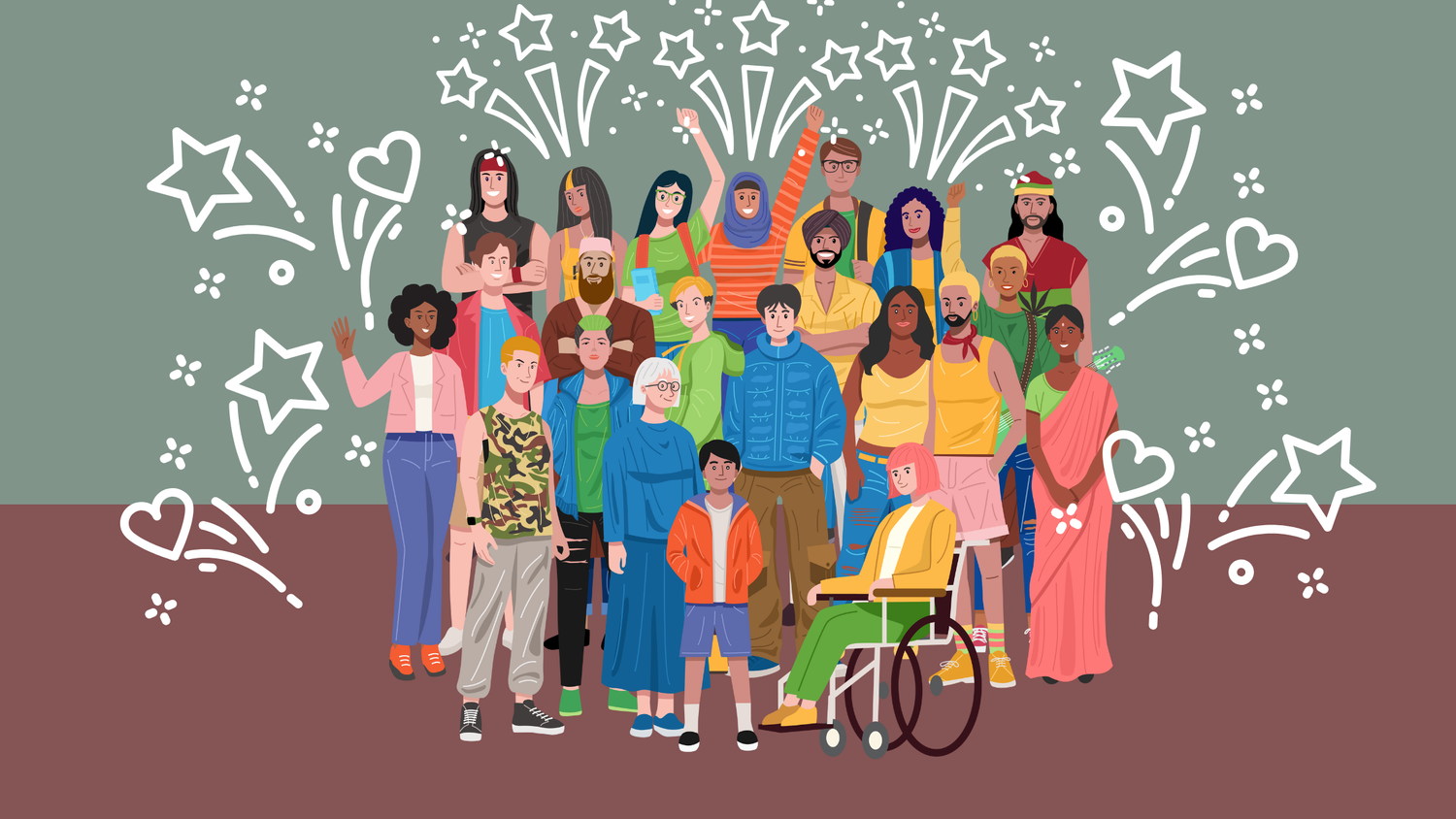Why Disability Humour Isn’t Just Funny, It’s Freedom
Let’s Be Real, Disability Can Be Ridiculous
There are days when you can’t tell if your life is a dark comedy or a medical drama with bad writing. Mobility aids go rogue, doctors say things that could win awards for unintentional humour, and strangers offer advice that belongs in a sitcom.
For many of us in the disability and chronic illness community, humour isn’t denial… it’s defiance. It’s how we reclaim the narrative from pity, awkwardness, and endless “inspiration” clichés.
Laughter as a Survival Skill
When you laugh at what’s supposed to defeat you, it loses its power. Disability humour lets us name the absurdity from inaccessible “accessible” bathrooms to the classic “you’re too young to be disabled” comment.
Psychologists have even found that humour builds resilience, community, and confidence. And for disabled people, that sense of solidarity, that shared “oh my god, same” moment, is everything.
Alt text: Image of illustrated crowd of different people with disabilities. Bottom of image is a dark red block for the floor. Surrounding the crowd are illustrations of white stars, hearts, sparkles and dots.
The Line Between Laughing With and Laughing At
Not all jokes land the same. Disability humour within the community hits differently. It’s about recognition, not ridicule. It’s the difference between “that’s messed up” and “that’s me.”
That’s why disabled creators, artists, and small businesses are using humour to start real conversations. It’s one thing to laugh at stereotypes, it’s another to flip them into something empowering.
From Memes to Merch: When Humour Becomes Expression
Scroll through disability Tok or Instagram, and you’ll see it: mobility aid memes, dark humour captions, shirts with lines that make you snort-laugh because they get it.
Humour has become a visual language: a way to wear identity, connection, and a middle finger to ableism all at once. Whether it’s a tote that says “Zero Stairs Given” or a sticker that reads “Not Broken, Just Built Differently,” these moments of levity carry real weight.
Owning the Joke Is Owning the Story
When disabled people make the joke first, we own the punchline AND the power. Humour creates space for visibility without vulnerability, pride without pity.
And that’s the beauty of disability culture today: we’re not waiting to be represented. We’re writing the jokes ourselves.


